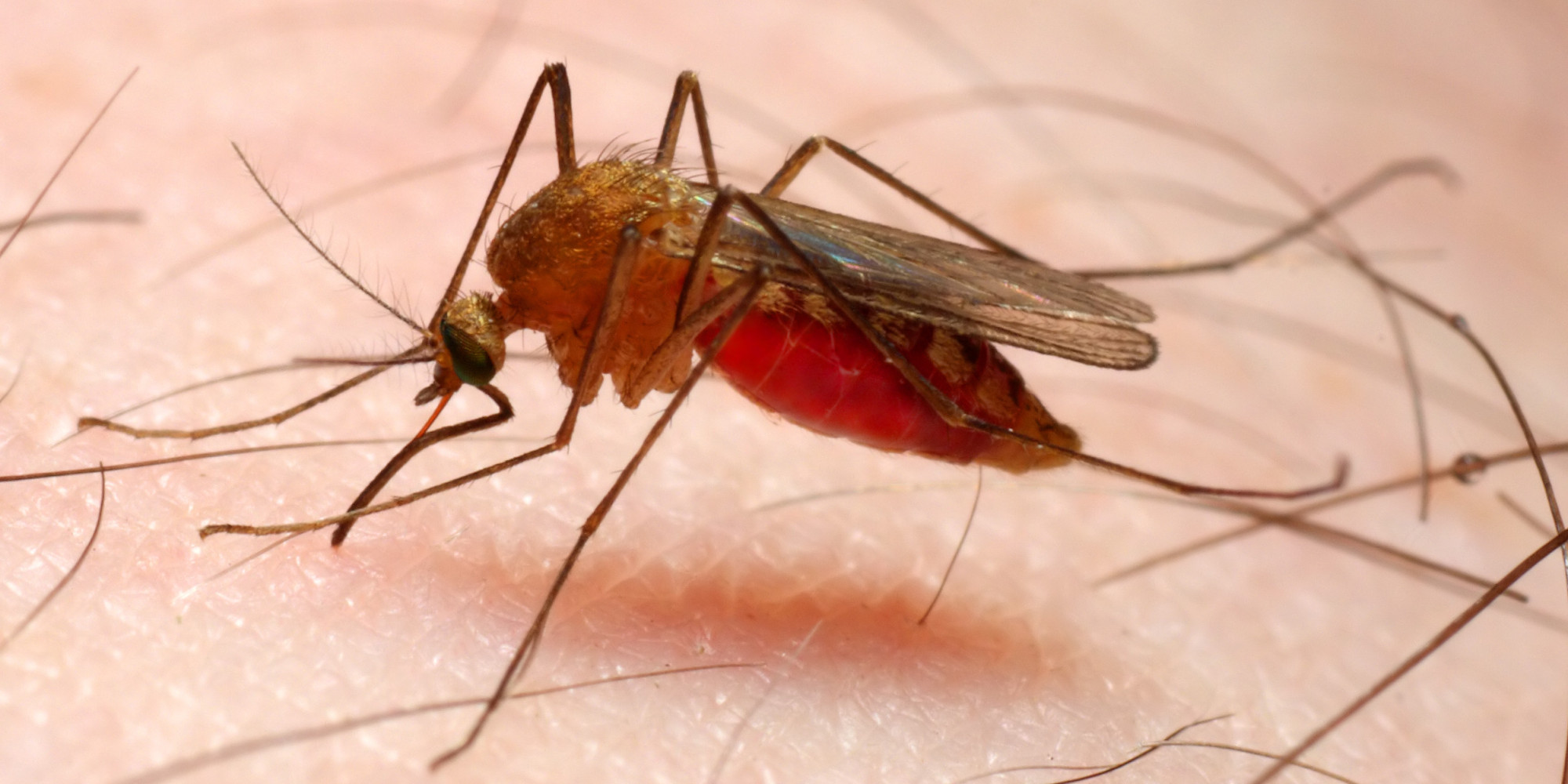
According to new study by University of Oxford, large structural variants in human glycophorin genes, which are unusually common in Africa, are protective against malarial disease. It opens a new avenue for research on vaccines to prevent malaria parasites invading red blood cells.
Plasmodium parasites infect human red blood cells and gain entry via receptors on the cell surface. Previous studies on natural resistance to malaria had implicated a section of human genome near to a cluster of receptor genes. These receptors -- glycophorins -- are located on the surface of red blood cells and are amongst many receptors that bind Plasmodium falciparum. However, it is only now that they have been shown to be involved in protection against malaria.
Dr Ellen Leffler from the University of Oxford, first author on the paper, said. "In this new study we found strong evidence that variation in the glycophorin gene cluster influences malaria susceptibility. We found some people have a complex rearrangement of GYPA and GYPB genes, forming a hybrid glycophorin, and these people are less likely to develop severe complications of the disease."
The hybrid GYPB-A gene is found in a particular rare blood group -- part of the MNS blood group system -- where it is known as Dantu. The study found that the GYPB-A Dantu hybrid was present in some people from East Africa, in Kenya, Tanzania and Malawi, but that it was not present in volunteers from West African populations.
Dr Kirk Rockett from the University of Oxford, said: "Analysing the DNA sequences allowed us to identify the location of the join between glycophorins A and B in the hybrid gene. It showed us that the sequence is characteristic of the Dantu antigen in the MNS blood group system."
Studying the glycophorin gene cluster to determine differences between the sequences of the three genes with confidence is extremely challenging. This study gives insights into unpicking the region and how it connects to the MNS blood group system and impacts malaria susceptibility.
Professor Dominic Kwiatkowski, a lead author from the Wellcome Trust Sanger Institute and University of Oxford, said: "We are starting to find that the glycophorin region of the genome has an important role in protecting people against malaria. Our discovery that a specific variant of glycophorin invasion receptors can give substantial protection against severe malaria will hopefully inspire further research on exactly how Plasmodium falciparum invade red blood cells. This could also help us discover novel parasite weaknesses that could be exploited in future interventions against this deadly disease."




